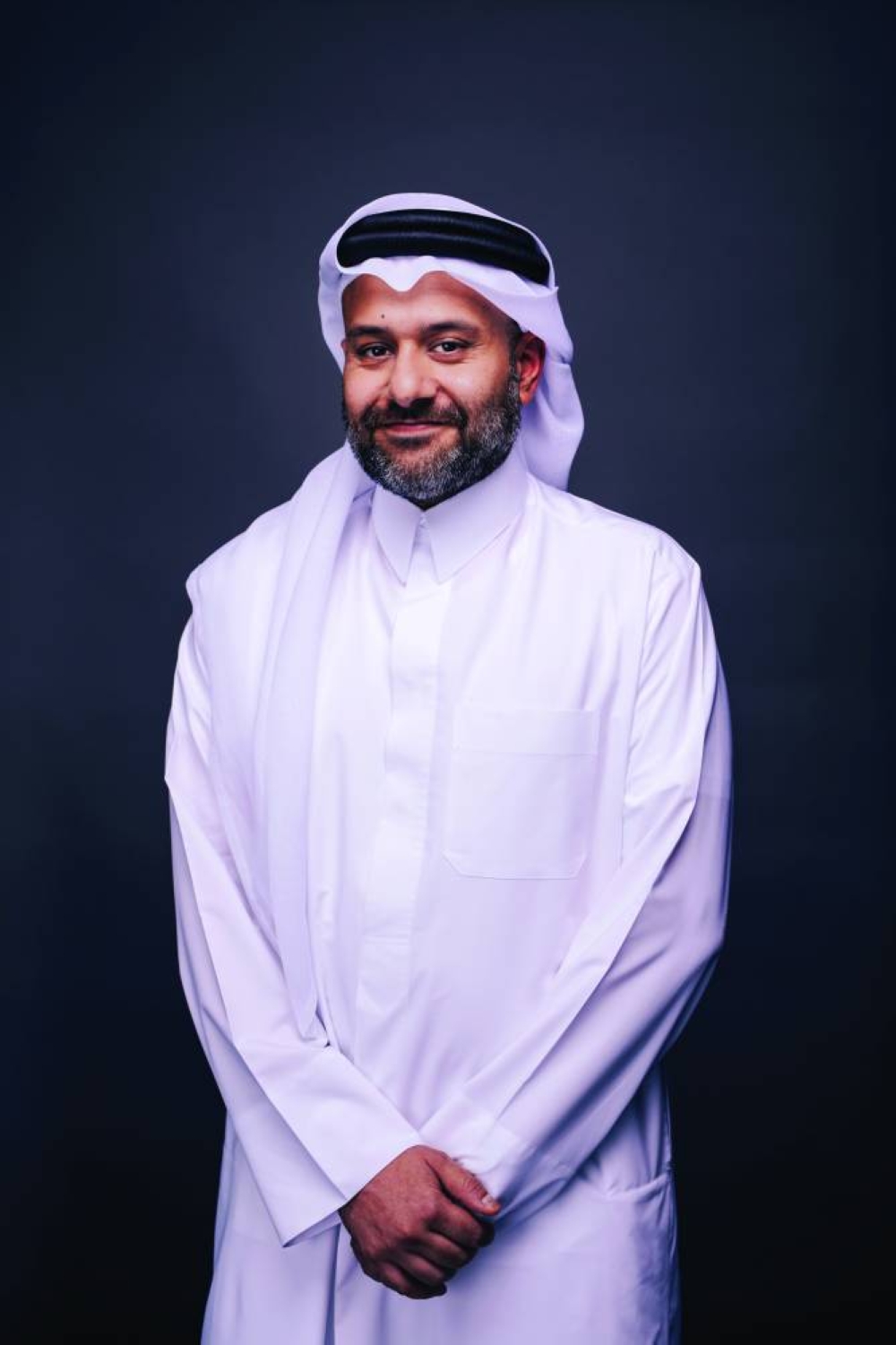Qatar's non-energy private sector continued to see improved business conditions towards the end of 2023, with growth of new business and output accelerating in November, spurring further investments, according to the Qatar Financial Centre (QFC).
New business increased for the 10th successive month in November, with strong sales for the goods producers and construction firms in particular, according to the QFC's purchasing managers’ index (PMI) survey data.
Output has risen every month since July 2020, except for a brief correction in January following the conclusion of the FIFA World Cup Qatar 2022.
The PMI registered 51.5 in November, up from 50.8 in October, signalling a tenth successive month-on-month improvement in business conditions, and the first acceleration in growth since July.
"The rise in the headline PMI is welcome news towards the end of 2023, reflecting faster rates of expansion in both new business and output," said Yousuf Mohamed al-Jaida, chief executive officer of QFC Authority.
November's rise in outstanding business, the first in over a year, suggests that companies are increasingly busy, he said, adding "this will spur further investment as customer numbers rise and companies bring improved products and services to the market."
The pick-up in demand in November translated into a rise in outstanding business for the first time in 16 months. This increase in pressure on capacity occurred despite a sustained expansion in employment.
The headline PMI is a composite single-figure indicator of non-energy private sector performance. It is derived from indicators for new orders, output, employment, suppliers’ delivery times and stocks of purchases.
The PMI is compiled from survey responses from a panel of around 450 private sector companies. The panel covers the manufacturing, construction, wholesale, retail, and services sectors, reflecting the structure of the non-energy economy according to official national accounts data.
Supply chains continued to improve in November, as lead times for inputs shortened for the nineteenth consecutive month.
Purchasing of inputs expanded for the ninth straight month and at the fastest rate in four months as firms aimed to address rising backlogs. Input stocks rose for the first time in three months as a result, the QFC said.
Highlighting that the overall cost pressures at Qatari firms rose slightly in November, having fallen in October; it said, the rate of input price inflation was relatively weak, with only slight increases in both staff and non-staff costs.
Prices charged for goods and services were broadly stable following increases in September and October.
"Inflationary pressures remain manageable, with only a slight rise in input prices and broadly stable charges in the latest period," al-Jaida said.
Qatari financial services companies recorded another jump in total business activity in November. The seasonally adjusted Financial Services Business Activity Index posted 54.7, still comfortably above the overall private sector figure of 52.5 albeit the lowest in over two years.
Growth of total activity remained solid despite the slowest increase in new business in over a year, the QFC said.
"That said, demand was strong overall and more robust than the non-energy sector average, and the 12-month outlook for activity improved," it added.
Business
Qatar to see higher investments as business conditions improve for non-energy private sector: QFC PMI

Yousuf Mohamed al-Jaida, chief executive officer of QFC Authority.

